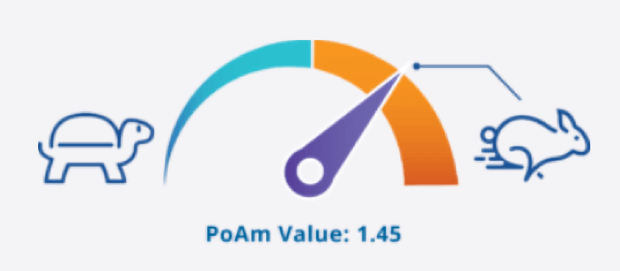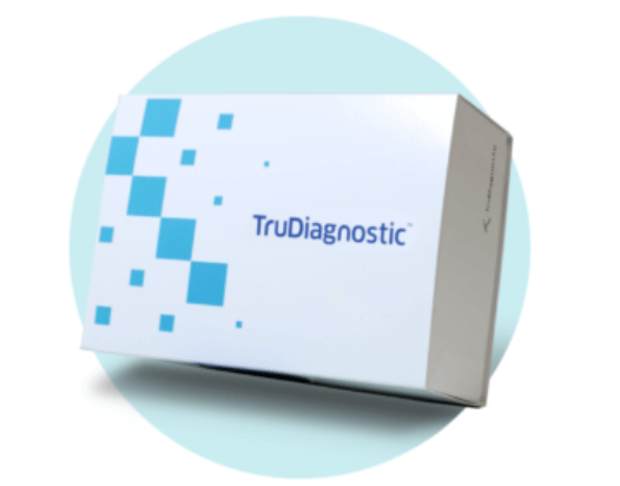Below is our interview with Alex Graham, Marketing Coordinator at TruDiagnostic
Q: Could you provide our readers with a brief introduction to your company?
A: TruDiagnostic is a health data company, specializing in epigenetics and longevity. We partner with scientists, physicians, and researchers to further understand and help people benefit from epigenetics.
Epigenetics is the process your body uses to change how genes on your DNA are expressed, read, and translated into changes throughout your body.
It’s basically like sticky notes added to a recipe, saying “use less salt” or “skip this step!” (except the recipe book is your DNA)
We study biomarkers called DNA methylation, which stick or unstick to your DNA to turn genes on or off.
Your genes control almost every aspect of your body. So, when we can understand what notes your body is leaving to alter the activation of those genes, we can start looking for red flags in gene expression, identifying where diseases could be in development many years before they show outward symptoms.
Our primary focus has been Aging and Longevity. This is because we know aging itself, from a biological perspective, is a huge predictor of frailty and disease occurrence later in life. Biological aging happens when your cells start to lose function – their instructions are no longer clear, or they’re receiving incorrect instructions from when genes are turned off when they should be on.
It’s the slow failure of those cells and systems that create the symptoms of what most people would call ‘Signs of aging’ – like wrinkles and frailty
That’s what we study! Epigenetics, Longevity, Disease, and the links between them.
Q: Any highlights on your recent announcement?
A: The license from Duke University to use the DunedinPoAm algorithm is extremely exciting!
The Dunedin Pace of Aging by methylation algorithm looks at complex patterns of DNA methylation to detect how fast a person is aging at the time they took the test. It is more sensitive to short-term changes in lifestyle than a regular Biological Age test would be.
This means it can be used in clinical trials – and in individuals – to check if a change in lifestyle, diet, or medication is positively or negatively affecting their rate of aging.
Being able to offer this algorithm means people can have a far more personal approach to treating and slowing aging – and therefore working to reduce the onset of age-related diseases as well.

Q: Can you give us more insights into your offering?
A: The DunedinPoAm algorithm offer will be somewhat limited for a short while, as we integrate it into the research side of our laboratory’s workflow.
We plan to offer this test to the general public this summer.
In a few short months, folks will be able to take a few drops of blood and send it in for this Dunedin Pace of Aging test, along with our regular Biological Age test.
Our standard epigenetic test – TruAge – currently displays Biological Age (How well your body has aged up to this point). Our reports go into detail into different ways your Biological Age could be influenced by your lifestyle and history.
We also provide your personal Methylation values, in case you wanted to take your epigenetic data and plug it into some other company’s algorithm.
We also offer advanced metrics that are only available if you consult with a healthcare provider. Several involve looking at methylation on genes associated with specific diseases, like Diabetes.
The reason we ask our customers to consult with a healthcare provider is that we don’t want people to mistake our test for a diagnosis. Just like a cholesterol test or a heartbeat monitor, our reports can only act as a flag to investigate further – not give a diagnosis on its own.
Q: What can we expect from your company in the next 6 months? What are your plans?
A: We’re working on a lot of research that will be coming to a head this summer, and we’re working on developing some new algorithms that should be ready in the next 6 months. Some of the research projects include an imrptinome array project, skin aging clocks to determine the aging of our skin and how to combat signs of premature aging, a multi-omic death predictor, and many more.
We’re also releasing a supplement in June called Amelior.
We kept having practitioners ask us what ingredients we’d recommend to assist with aging interventions, and what supplements could support healthy epigenetic aging based on our research?
The long list would send them to half a dozen suppliers to find the individual supplements at the right doses. Amelior simplifies that, and puts all those ingredients in one place.

Q: What is the best thing about your company that people might not know about?
A: Most of our work right now is in Research and Development – not direct sales.
Anti-Aging has long been advertised as vanity instead of health.
With the latest research, we know that accelerated aging has a huge impact on long-term health. Aging markers can predict how likely someone is to develop age-related diseases like Alzheimer’s Disease, Heart Disease, and Diabetes.
So, a huge part of our business is aimed toward R&D. We want to help expand the global knowledge of epigenetics and identify products and lifestyle choices that can show real anti-aging results, with hard data to back it up.
We’re working toward a future where people can make educated decisions about their long-term health, with the tools to easily track how their choices affect them personally.






